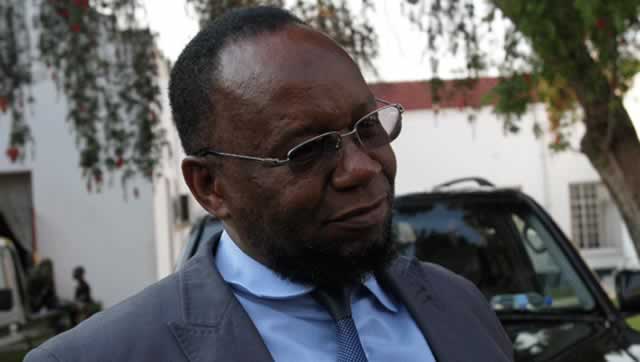The Journalist: History in the eyes of the beholder

Lovemore Ranga Mataire The Reader
The Journalist is a biography based story by Jos Scharrer, a South Africa-based veteran journalist and an advertising guru.
Published in 2014, the book is a story of Flora Shaw, who according to the author shattered the misogynistic glass ceiling of the 19th century by becoming the first woman in Britain to achieve a position of high journalistic authority as the colonial editor of The Times in the 1890s.
Lady Shaw used her influential position to fervently argue for British imperialism on the basis that the project would benefit mankind, a belief that led to her participation in the disastrous plot to seize South Africa for Britain.
While the succinct chronological plot is evidence of a well researched book, traits of predisposed authorial intrusions inevitably makes the otherwise informative narrative more of a fictionalised, sanitised biography, given the rather exaggerated aura and elevation attributed to the subject or the main protagonist.
But this authorial intrusion is not an accidental incursion. It is a product born out a direct relation of the subject. Jos Scharrer is Lady Shaw’s great niece and it appears as though the inspiration behind the book emerged from the fact that the latter’s life mirrors that of the author in many respects than one.
Just like Lady Shaw, the author also managed to shatter the hegemonic influence of men in the media industry by becoming the first woman to be on the board of the South African advertising agency – VZ Lund and Tredoux.
Jos Scharrer has achieved a rare feat when she founded her own advertising agency – Scharrer Advertising, which grew to billing some R23 million and won several international advertising awards including the New York Advertising Festival Grand Prix for Best Radio Campaign.
So The Journalist, can be read as both a timeless inspirational story of a headstrong woman who defied all odds in establishing her niche in a rigidly structured patriarchal society and also as a historical narrative that illuminates on the stereotypical and the dominant views behind the colonial conquest of Africa by the British.
As a timeless inspirational story, The Journalist portrays the life of a “Victorian career woman, a ‘status’ of which society did not approve. She stepped through the minefield of prejudice using her charm and the influence at her disposal. Slowly and surely she climbed the ladder to greater success.
“Her actions and influence would leave deeply ingrained marks on the history and geography of the countries that in future years would become part of the Empire. This was achieved through hard work, along with the efforts of the man who would become her husband – Frederick against the Arab slave trade in East Africa.” (page 5).
Feminists will find The Journalist an uplifting story which apply to every situation with regards to issues of empowerment especially at a time when the Victorian society looked down upon the “fairer” sex as only suitable for being married off to a rich as husband as indicated by Lady Shaw’s father Colonel George Shaw soon after her birth on a cold, windy day on December 19, 1852.
It also important to note that Lady Shaw got married to Frederick Lugard, one of the foremost man in the scramble for Africa who became the first governor of colonial Nigeria.









Comments